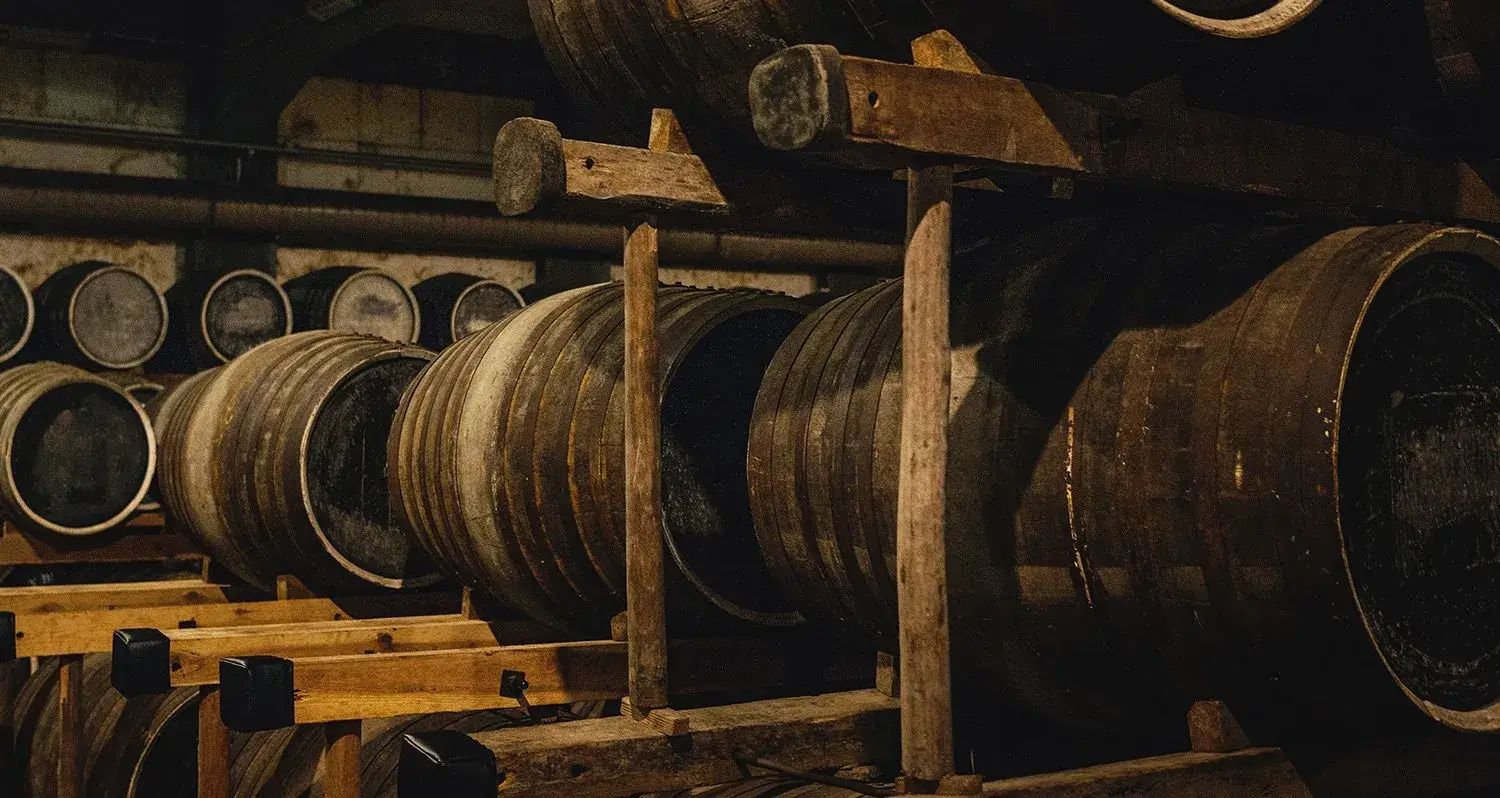
Personal Investment in a Scotch Whisky Cask
The allure of the amber spirit, Scotch Whisky, is not new. With its roots firmly embedded in Scottish history and traditions, this quintessential beverage has enchanted aficionados across the globe for more than 500 years. Today, it’s not just enjoyed in the stylish bars of the world’s biggest cities but is also regarded as a viable investment opportunity.
According to the Scotch Whisky Association, Scotch Whisky accounts for over a fifth of the UK’s food and drink exports, and the value of annual exports has consistently grown for over a decade. Its global popularity and consistent growth have contributed to an increased interest in investing in Scotch Whisky.
However, it’s not all smooth sipping. Investing in whisky casks comes with its own risks, and potential pitfalls, and demands a thorough understanding of the industry’s structure and operating methods.
The Risks of Whisky Cask Investments
The Scotch Whisky Association states that “only a tiny proportion of the total amount of Scotch Whisky produced in Scotland is bought and sold in this way”. This implies that the market for buying and selling whisky casks isn’t as liquid as one might hope. Indeed, there isn’t a regulated market for mature or maturing casks of Scotch Whisky, nor an officially published list of buying and selling prices for casks from different distilleries. As a result, an investment in a whisky cask must be made based on personal risk assessment and perceived value.
Moreover, the value of whisky casks, like other commodities, fluctuates according to supply and demand. Investors also need to be aware of the fact that each year, approximately 2% of the cask’s contents will evaporate. This is something to monitor closely, especially if the whisky is maturing for a long period of time because Scotch Whisky must be bottled at a minimum strength of 40% alcohol by volume.
Be Informed, Be Safe
The Scotch Whisky Association highlights several other factors to consider before investing in a whisky cask. These include warehousing and insurance costs for the cask, the cost of bottling (which must take place in Scotland for Single Malt Scotch Whisky), the potential limitations on how the cask can be disposed of, and the adherence to specific legal guidelines related to the storage and movement of Scotch Whisky.
It’s crucial to confirm details such as the whisky’s type, distillery of origin, and year of distillation, and to have a contract of sale as proof of ownership. Check whether your insurance covers potential losses, and ensure the ownership transfer is properly recorded and acknowledged by the warehouse keeper.
See the full Scotch Whisky Association Article here
Investing with London Cask Traders
Here at London Cask Traders, we are passionate about whiskies and we understand the complexities and potential risks of investing in whisky casks. We offer brokerage services between clients and distilleries, facilitating the purchase and storage of full casks of whiskies for individuals.
Working with a legitimate and experienced company like London Cask Traders ensures that you can navigate the intricacies of investing in whisky casks with confidence. We ensure all transactions are transparent, and we abide by all legal guidelines, thereby providing an efficient and trustworthy service to our clients.
When purchasing a cask, the Scotch Whisky Association reminds us to be aware of the special nature of the trade in Scotch Whisky and the costs involved. There are indeed risks, as with all investments, but with the right guidance and knowledge, investing in a whisky cask can offer a unique, enjoyable, and potentially profitable experience.
Our key advice? Do your due diligence, consult with the experts, and always remember to savour the journey, much like a fine Scotch itself.
